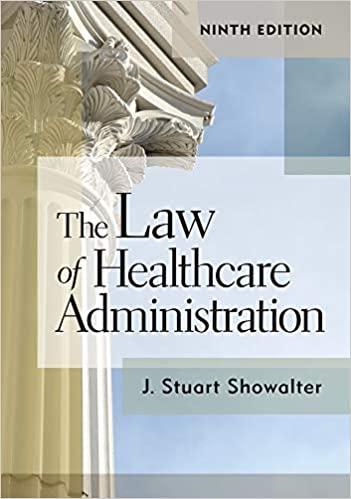Question
Courts would however refuse to follow the literal approach when it was abundantly clear that there had been some sort of error in the drafting
Courts would however refuse to follow the literal approach when it was abundantly clear that there had been some sort of error in the drafting of the legislation such that enforcing a strictly literal interpretation of the word or phrase in question would lead to absurd or manifestly unjust consequences
We call this the 'golden rule'
These principles of interpretation are still relevant but nowadays they have been subsumed and replaced by the more modern and commonly used approach to statutory interpretation - called the 'purposive approach'
This approach is now mandated by both Federal and State legislation - see for example the Acts Interpretation Act 1901 (Cth) and the Interpretation Act 1984 (WA)
What do the above-mentioned statutes say about both the 'purposive approach' to legislative interpretation and the circumstances in which the courts may make use of 'extrinsic materials' in applying that approach?
Locate and summarise the relevant sections dealing with the "purposive approach" in both the Acts Interpretation Act 1901 (Commonwealth of Australia) and the Interpretation Act 1984 (Western Australia).
Step by Step Solution
There are 3 Steps involved in it
Step: 1

Get Instant Access to Expert-Tailored Solutions
See step-by-step solutions with expert insights and AI powered tools for academic success
Step: 2

Step: 3

Ace Your Homework with AI
Get the answers you need in no time with our AI-driven, step-by-step assistance
Get Started


